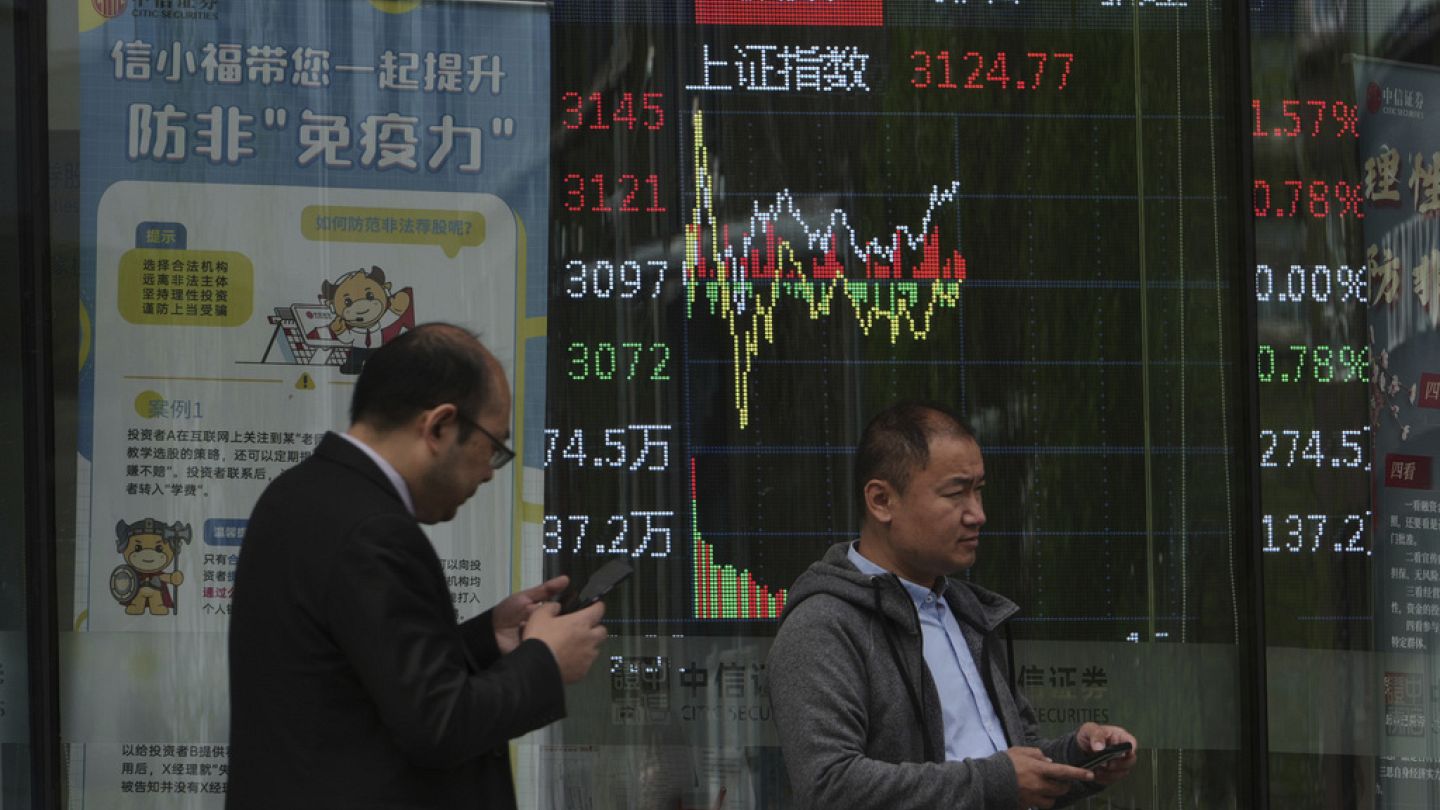Leyen held a meeting on 'trade' with the Chinese Prime Minister.
Amid the escalating trade war with the U.S., European Commission President Ursula von der Leyen spoke on the phone with Chinese Prime Minister Li Qiang.
In her meeting with Prime Minister Li Qiang on Tuesday, Ursula von der Leyen proposed a "negotiated solution to the widespread disruptions caused by U.S. tariffs." It was noted that during the conversation, von der Leyen emphasized the "vital importance of stability and predictability for the global economy" and stressed the "responsibility of the world's two largest markets, Europe and China, to support an innovative and robust trade system based on a free, fair, and level playing field." In response to the U.S. decision to impose a 54% tariff, China retaliated with a 34% tax. Following China's response, the U.S. raised its import tax rate to 104%. The statement indicated that von der Leyen called on Li Qiang to "avoid further escalation of tensions." At the end of March, Maros Sefcovic, the Commissioner for Trade, visited China, citing the need to renew diplomatic ties with the Asian giant in an environment where trade relations had deteriorated. According to a statement from the Commission, von der Leyen and Li Qiang discussed "establishing a mechanism to monitor potential trade deviations." On Monday, von der Leyen announced that the EU would strengthen its efforts by establishing an "Import Tracking Task Force." "We will work with manufacturers to ensure that we have the necessary evidence base for any measures we take," she said. At the EU trade ministers' meeting held in Luxembourg on Monday, EU-China relations were also on the agenda. In response to a question about whether the EU intends to pivot towards China during a period of deteriorating trade relations with the U.S., a diplomat replied, "We will not exchange our relations with the U.S. for those with China... We have no intention of deteriorating transatlantic relations." Since the Trump administration imposed a series of tariffs on EU-origin products, the EU still hopes to find a 'negotiated' solution with the U.S.


